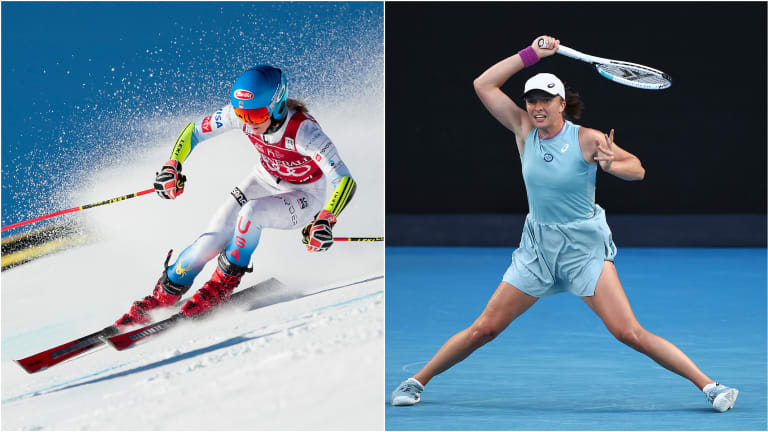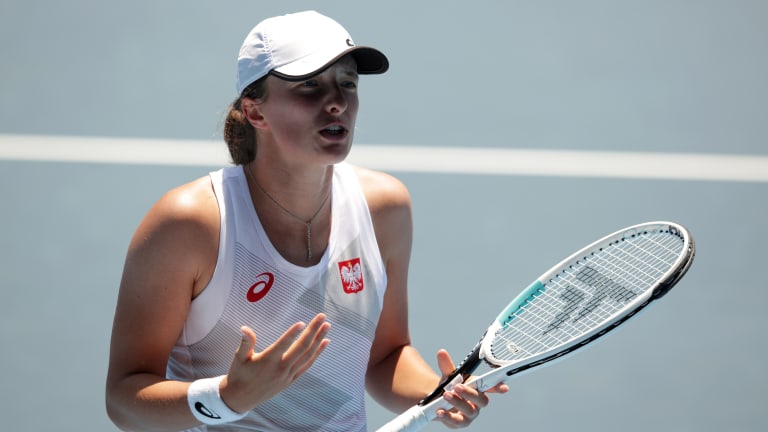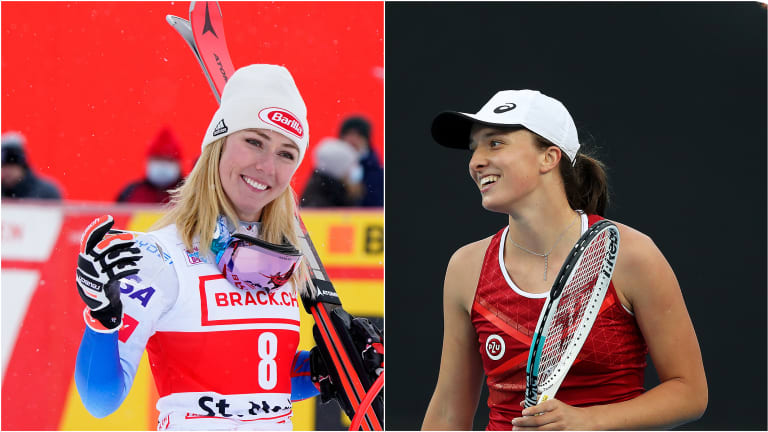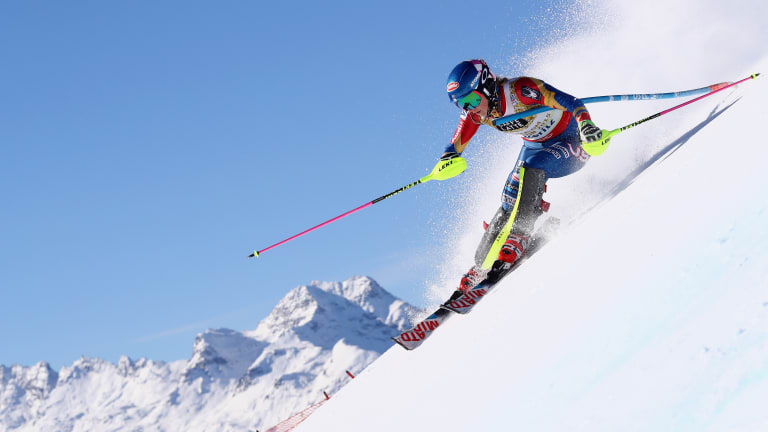FROM: @iga.swiatek
TO: @mikaelashiffrin
This whole Olympic experience and stuff is pretty crazy. So now I understand it more. R E S P E C T for everything that you achieved and how you did that.
Imagine what they’ll discover once they actually meet.
Published Jan 03, 2022


Swiatek finished inside the year-end Top 10 for the first time in 2021 thanks to a 36–15 record and two titles. “I would love to be more efficient and more chilled out, just remember that tennis is not everything, kind of have more distance to everything,” she told press after closing out her season with a round-robin win at the WTA Finals in Guadalajara. “Just trust myself a little bit more.”
© Getty Images

In April 2021, Shiffrin and Swiatek connected for an Instagram Live conversation discussing everything from the grind of traveling and managing pressure to finding happiness. The chat happened not long after the WTA star told Tennis Channel, “it would be a dream come true” if she were friends with the two-time Olympic champion. That’s now a reality.

Shiffrin met her tennis idol Roger Federer in September 2018, but her list of tour favorites doesn’t stop with the Swiss legend or Swiatek. Based on the accounts she follows and interacts with on Instagram—which includes Federer’s fellow Big Three members Novak Djokovic and Rafael Nadal—it’s fair to say Shiffrin is as legit as any other ardent tennis fan.
© 2017 Getty Images